China looking to lease Kazakhstan land for agriculture
- EurAsia Review
- 07 February 2010
Despite government assurances, the possibility that China could possess Kazakhstani territory leaves many citizens skittish

Despite government assurances, the possibility that China could possess Kazakhstani territory leaves many citizens skittish

Reports indicate that the Gulf States have acquired more than 150,000 hectares of land in Balochistan near Mirani Dam to begin mechanised farming.
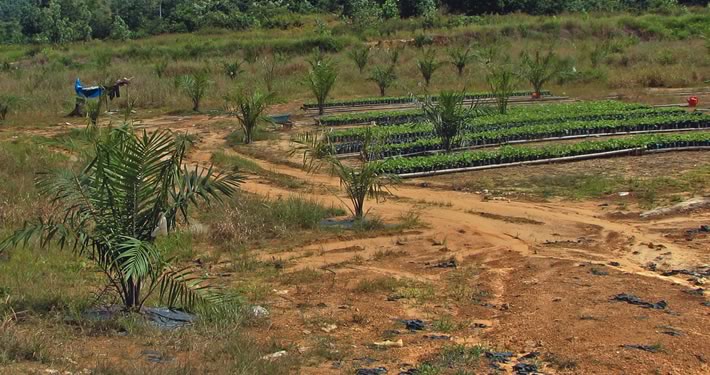
The government is aiming to attract less than Rp 100 trillion (US$10.6 billion) in investment through the development of three special economic zones (SEZs) producing agricultural products this year.
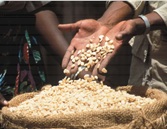
Call for papers for an international conference to be held at Groningen University, Netherlands, 28-29 October 2010.
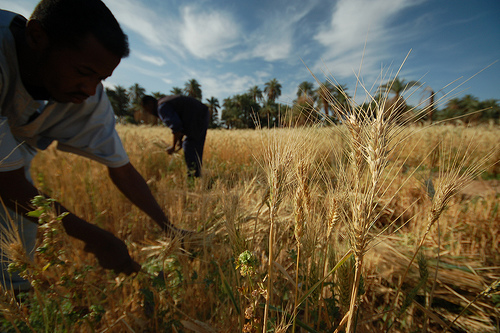
The worldwide financial crisis has reportedly stalled several agricultural deals between Gulf countries and overseas partners, including two between Bahrain and Pakistan.

Entrevue avec Arnaud Zacharie, directeur du Centre national de coopération développement (CNCD, Belgique)

Fears of a land grab by wealthier western EU countries prompted Hungary, and most of the members that joined in 2004, to negotiate temporary derogations in the case of agricultural land. The derogation is due to expire in May 2011.
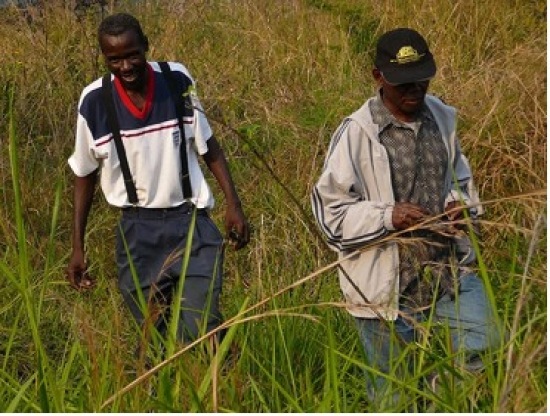
While the proposed deal brings up ethical questions of exploitation, another concern is how it will impact earth changes and food security in the future.

The State has stepped up the drive to buy idle land to make available to investors, hoping to snap up vast fallow land across the Rift Valley and Coast provinces and towns near Nairobi.

Presentations from a meeting organised by the Global Donor Platform on Rural Development and FAO/SDC/IFAD, where today's largescale farmland acquisitions figured high on the agenda
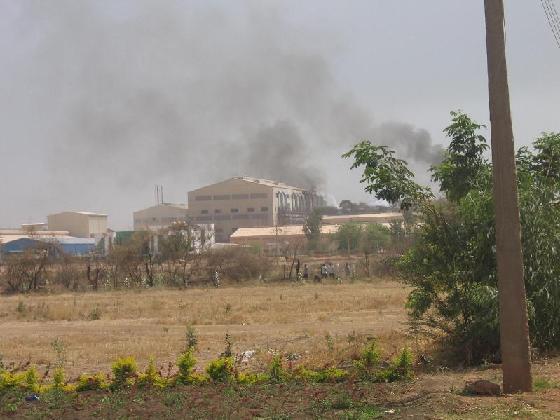
A delegation of top Kenana Sugar officials is in Doha to hold talks with Qatar’s Hassad group to create one of the world’s biggest food producing companies with a view to ensuring food security in the Arab world.

At least three or four private equity funds are currently raising capital with a mandate to invest in agricultural enterprises in Africa.

Indonesian Chamber of Commerce and Industry warns that the government’s plan to develop a major food estate in Merauke, Papua, may run into difficulties because confusing and overlapping land use regulations will deter investors.
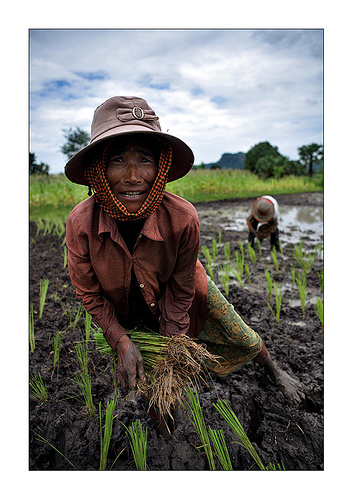
The high potential in rice investment has intrigued not only China, which is Cambodia's biggest donor, but other donors as well, such as Kuwait, Korea and Japan—given the country’s agricultural sector is the nation’s backbone economy.

Ethiopia must harness its enormous agricultural potential, not by selling it off as a cheap commodity, but by supporting farmers in growing culturally appropriate crops for domestic markets, using agro-ecologically sustainable farming methods.

|
KKR acquires ProTen from Aware Super
|

|
CAR offers land ownership using cryptocurrency
|